As the coronavirus pandemic unfolded, TechWomen was tasked with reimagining a program — one that convened hundreds of people at events, placed 108 women at host companies and relied on in-person connection and networking — into a dispersed and virtual setting. In true TechWomen spirit, this year’s impressive cohort of Emerging Leaders has remained agile and innovative, finding paths to connection and learning from their homes in 21 countries throughout Africa, Central and South Asia and the Middle East.
After collaborating with fellows and mentors, the TechWomen team at IIE was excited to officially kick-off the virtual TechWomen 2020-2021 program in October, calling on our community — primarily our incredible group of mentors — to serve as Facilitators for the first portion of the program, Professional Interest Groups. Together, small groups of Emerging Leaders with common professional interests were guided by Facilitators through five weeks of modules that explored content foundational to the action planning process. The groups, themed on Artificial Intelligence/Machine Learning, Biotech and Health Sciences, Education Tech and E-learning and more, gathered to reflect, discuss and exchange ideas related to the content of each module in weekly meetings.
Week 1: Teamwork and Teaming for Success
During week one’s module, Emerging Leaders learned about the key characteristics of successful teams and how to create a productive culture of collaboration when working with others. TechWomen Impact Coach Beth Steinberg delivered a presentation on the power of teams, speaking about the elements that create a high-performing team, why diversity in teams matters and the ways they can develop a growth mindset when working in collaboration with others. “It’s critical that your team be clear on GRPI,” Beth said. “Goals, Roles, Process, and Interpersonal relationships. It is extremely important to the success of your team.”
After convening to discuss what resonated with them and what best practices they can create for their industry, some Emerging Leaders began implementing their learnings in their workplaces back home. “I started applying this knowledge in my company and my boss is over the moon!” said Emerging Leader Claudine of Rwanda. “For having a strong team we must have more givers than takers. As a team leader in my company, this week I started rewarding all givers in my team.”
Week 2: Women in Leadership
The second week of programming brought Professional Interest Groups through content exploring the unique challenges women face as leaders. Through discussing the barriers to advancement and completing the Advancing Women Leaders Self-Assessment, Emerging Leaders and Facilitators brainstormed ways to leverage their individual competencies and strengths to create goals for their TechWomen mentorship experience.
VP of Consulting and executive coach at Linkage Susie Kelleher facilitated week two content in a presentation on the organizational hurdles women face and the competency model Linkage created to overcome them. Susie encouraged Emerging Leaders to discuss the results of their self-assessment in their groups, gathering feedback on ways to be more bold, clear, connected, influential and inspiring.
Week 3: Leadership Insights and Perspectives
Professional Interest Groups heard from a panel of women leaders in STEM for week three, learning about what makes an effective leader and exploring ways they can improve their own leadership style in their workplaces and beyond. 2018 TechWomen fellow of Egypt Ola Nada moderated a panel with mentors Emily Crawford of Chan Zuckerberg Biohub, Kiko Smith of Twitter, Maile Smith of GSI Environmental, Inc. and Roojuta Lalani of Salesforce. Together, the group discussed the qualities of good leaders and the individual journeys we all must take on the path to effective leadership. “I’d like to simply say that leadership starts from within,” Kiko said. “I have found in my career that I have exhibited the greatest leadership when I follow my own instincts.” Roojuta also emphasized that to be a leader, one does not need to directly manage others. “A good leader is someone who sells their vision and brings people along with them on their journey,” she said.
In reflecting afterward, Rym of Tunisia shared her takeaway from week three: “Discovering all the potential we have is not an easy mission. Kiko is really inspiring, specifically when she mentioned that we have to love ourselves to let others see and discover the best image of us.”
Week 4: Design Thinking and Human-Centered Design
Teams dove into the fundamentals of human-centered design in week four, exploring design thinking with Elise Lockwood of Autodesk. In her presentation, Elise brought Professional Interest Groups through three design thinking tools – ‘How might we’ questions, the cascade technique and 2×2 matrix – and how they can facilitate better design and iteration as they enter the action planning process. “Open yourself up to involving the people who are affected by the problem into your own personal process,” Elise said. “Iterate, think emergently and always keep people at the center of your process.”
Week 5: Systems Thinking, Sustainable Design and Impact Models for Change
The final week of Professional Interest Group modules was spent examining how to create effective solutions for complex problems. Emerging Leaders learned about real-world examples from successful companies and explored diverse impact models from TechWomen alumnae and others that successfully integrated sustainability and scalability. Emerging Leaders had access to presentations from members of the TechWomen community that explored the week’s various themes:
- Design Thinking in Action: Jill Finlayson
- Impact Models for Change: Technovation Challenge
- Impact Models for Change: Tech4Impact, Uzbekistan
- Impact Models for Change: EduClick, Cameroon
- Moonshot Mindset: Molly Pyle
In her video, 2019 fellow of Cameroon Angele Messe outlined how EduClick, her EdTech platform, experimented with finding and creating an impact model that suited both the company and the community. “Every time we tested our model we discovered what our strengths were and what our weaknesses were,” she said.
Lessons to take forward
After the final module, it was time for Professional Interest Groups to conclude, allowing Emerging Leaders to take their learnings into the action planning phase alongside their country groups. Through five weeks of interactive learning and discussion-based meetings, Emerging Leaders were able to gain takeaways to use not only in a professional setting but also in their personal lives. “The whole experience is a dream come true,” said Kiran of Pakistan. “Meeting people without boundaries, learning without fear of not knowing or being judged and making life-long connections. These sessions helped me rejuvenate my self-confidence. It has lit the spark that will definitely turn into a light of hope for the upcoming generation of women.”
What’s next for Emerging Leaders? Currently, country teams are working alongside TechWomen Impact Coaches and Peer Advisors through the first stages of the action planning process, collaborating as a group to identify a socioeconomic challenge in their communities and leverage their skills and networks to develop a solution. We look forward to sharing their high-impact solutions — ones that require active teamwork, the inclusion of diverse perspectives, people-centered design and leveraging their strengths as unique women leaders — as they move forward as a more connected and empowered #techwomen20_21 cohort.
Follow the hashtag #techwomen20_21 on Twitter for more content from this year’s TechWomen cohort!


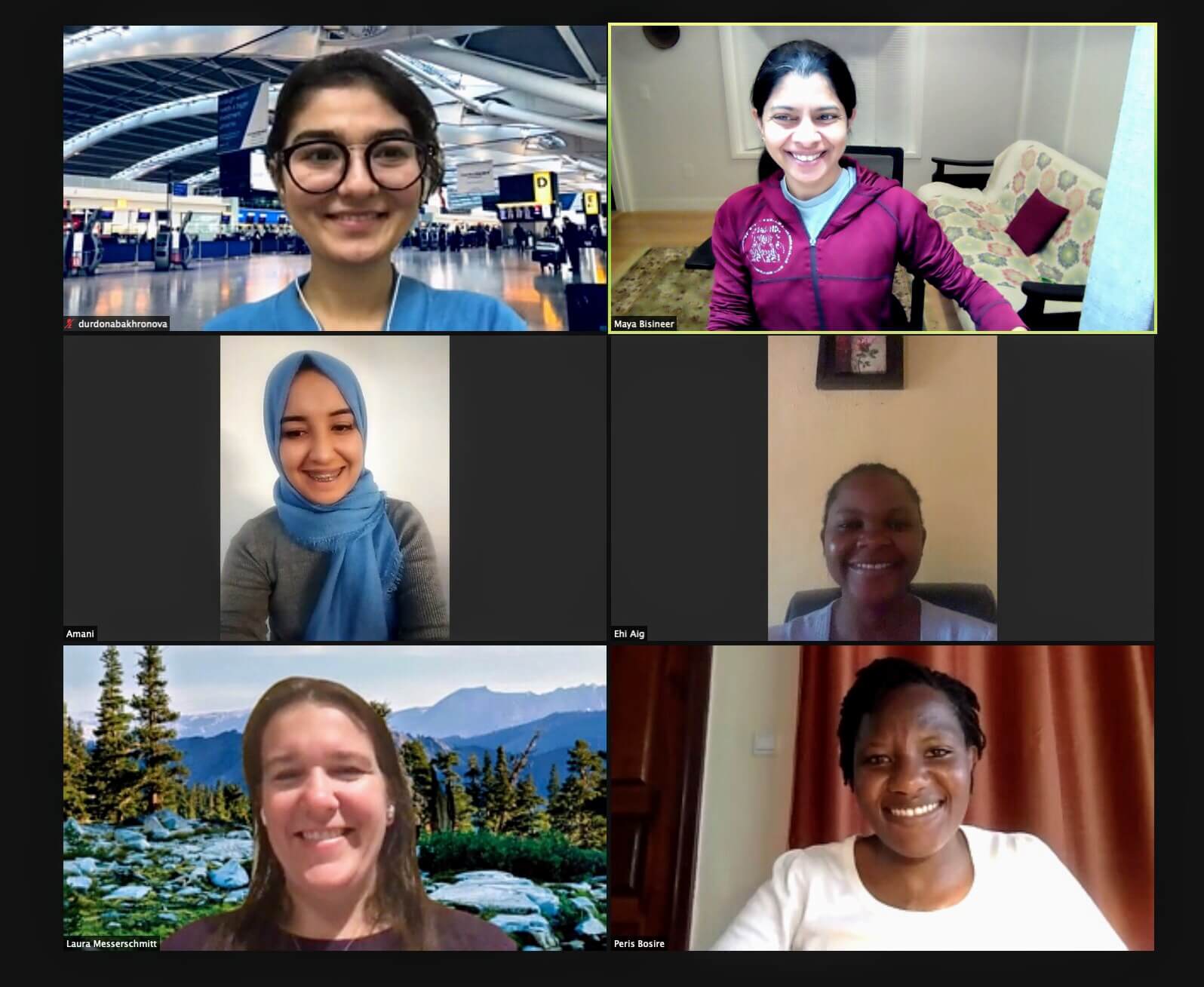
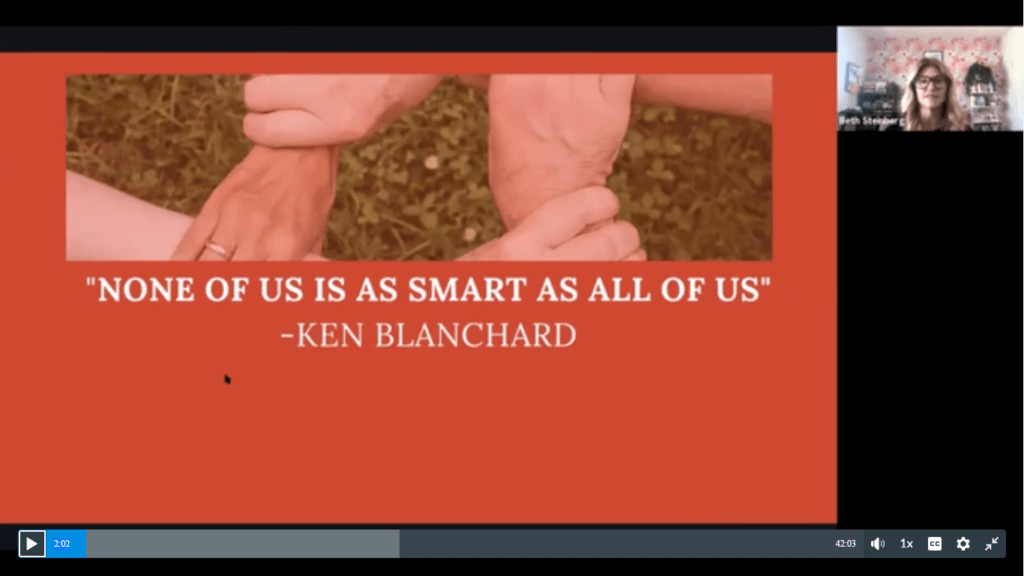
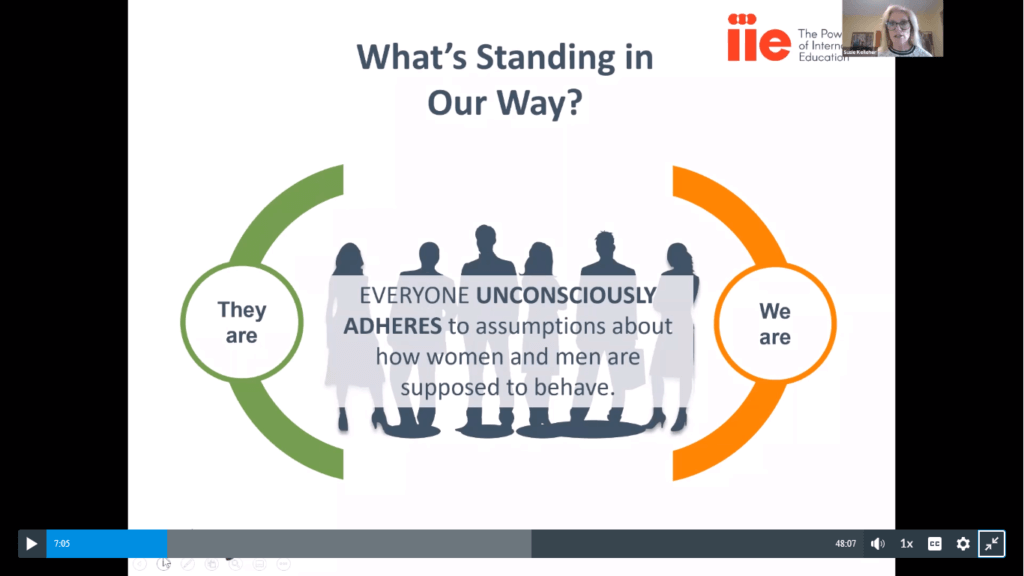
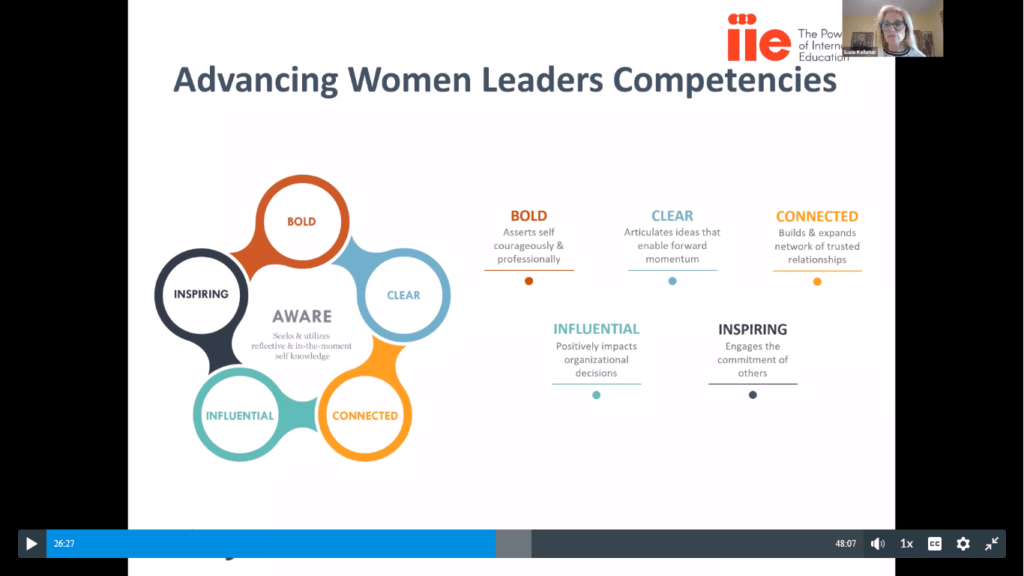
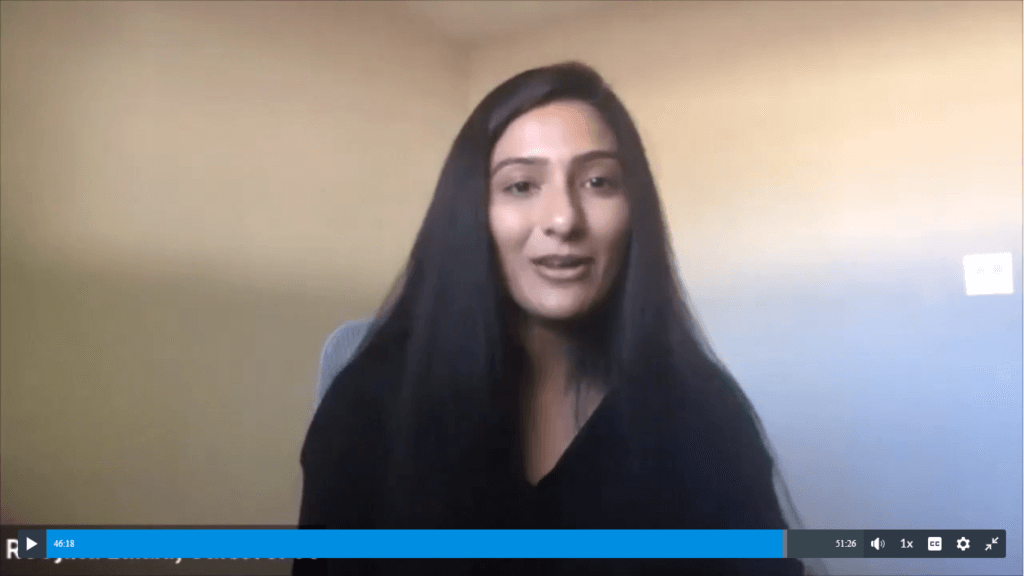
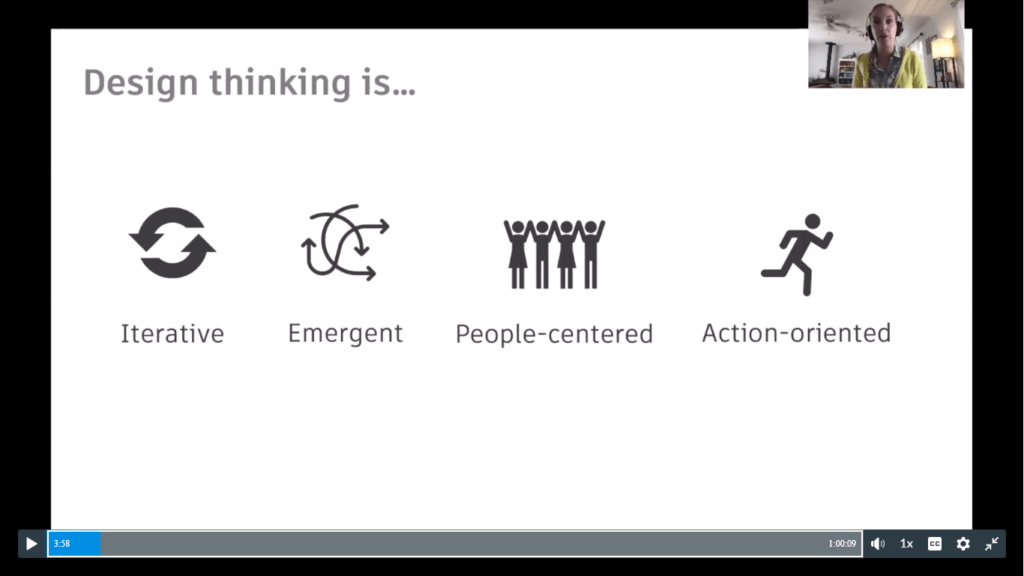
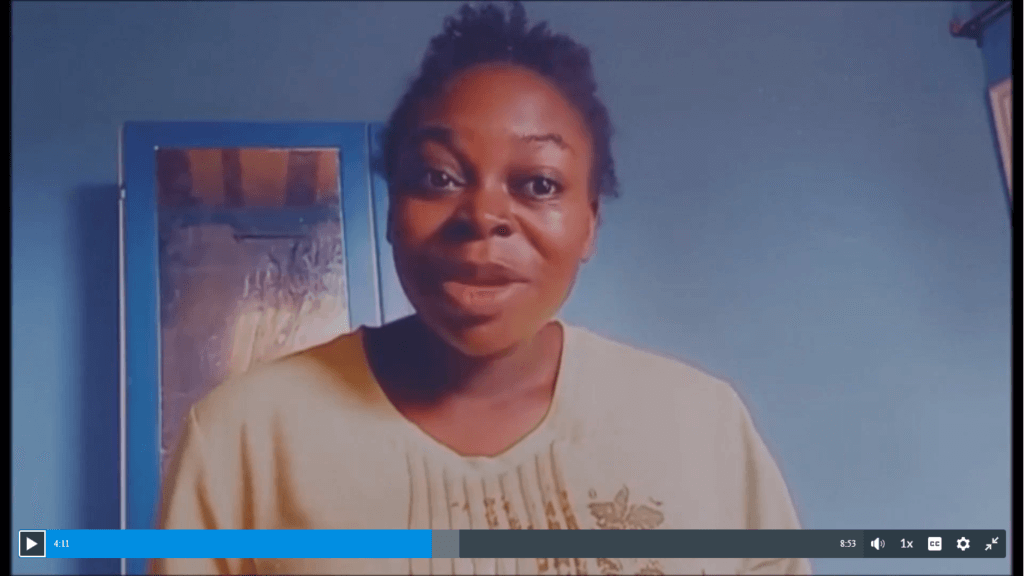
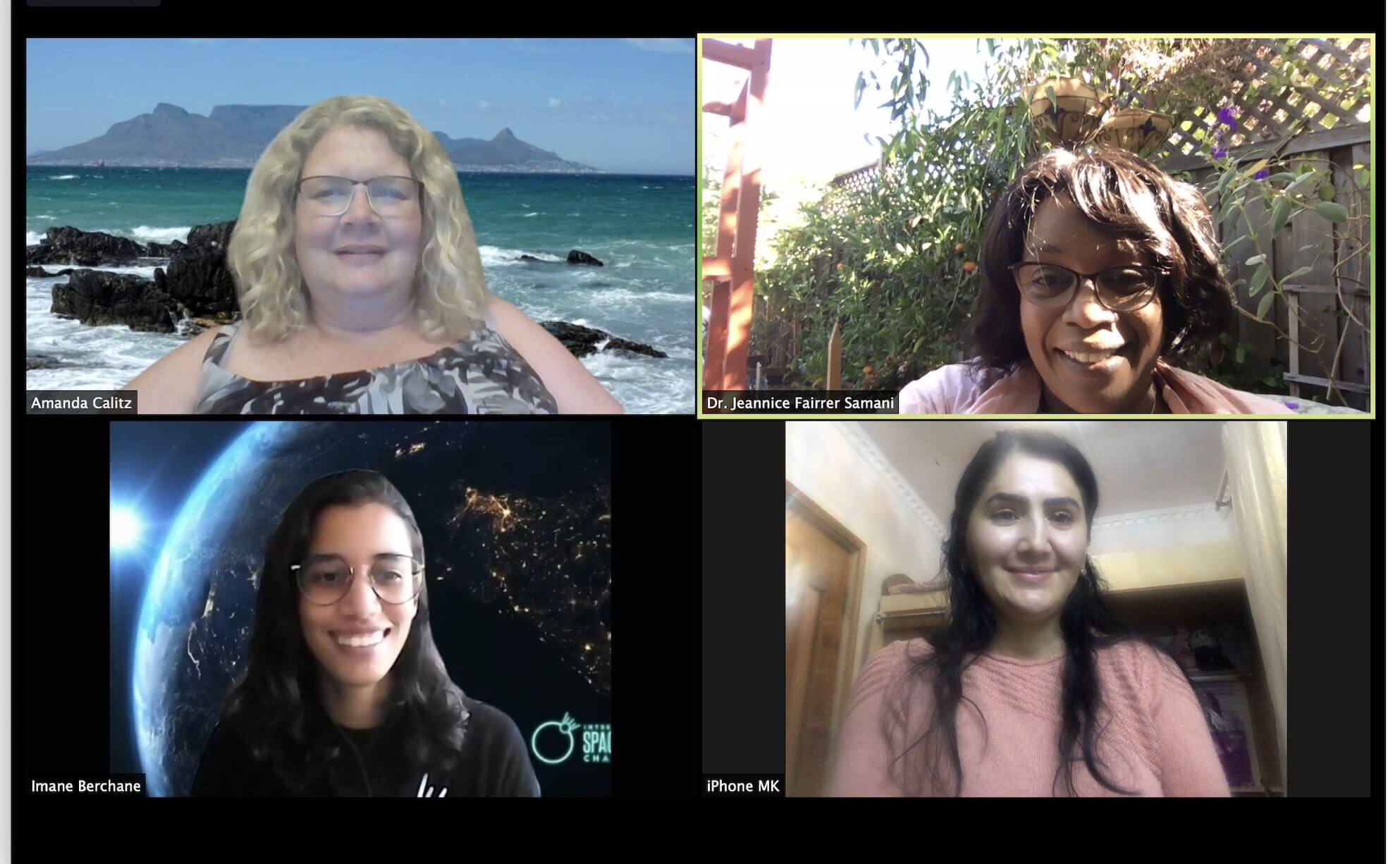
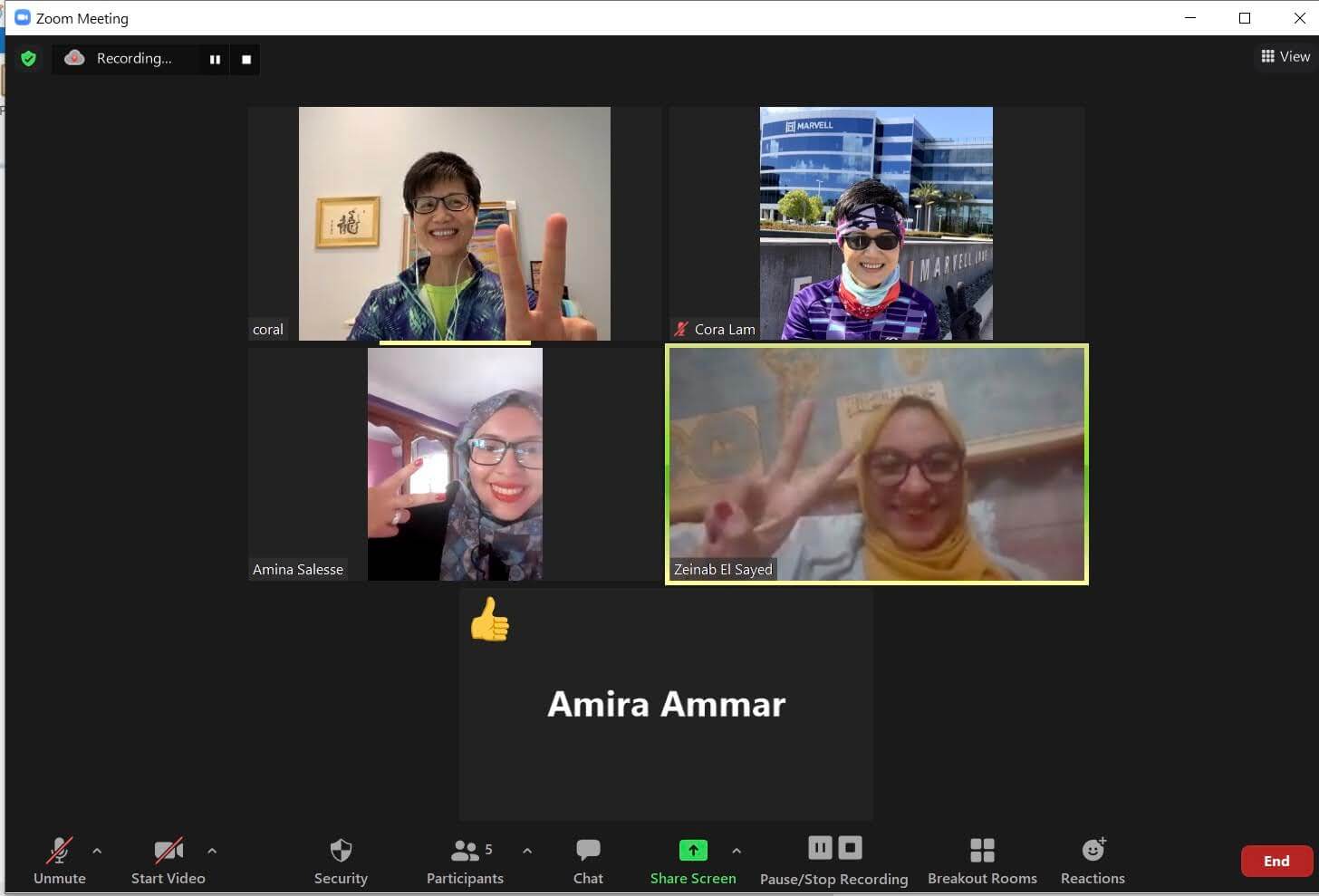

Speak Your Mind